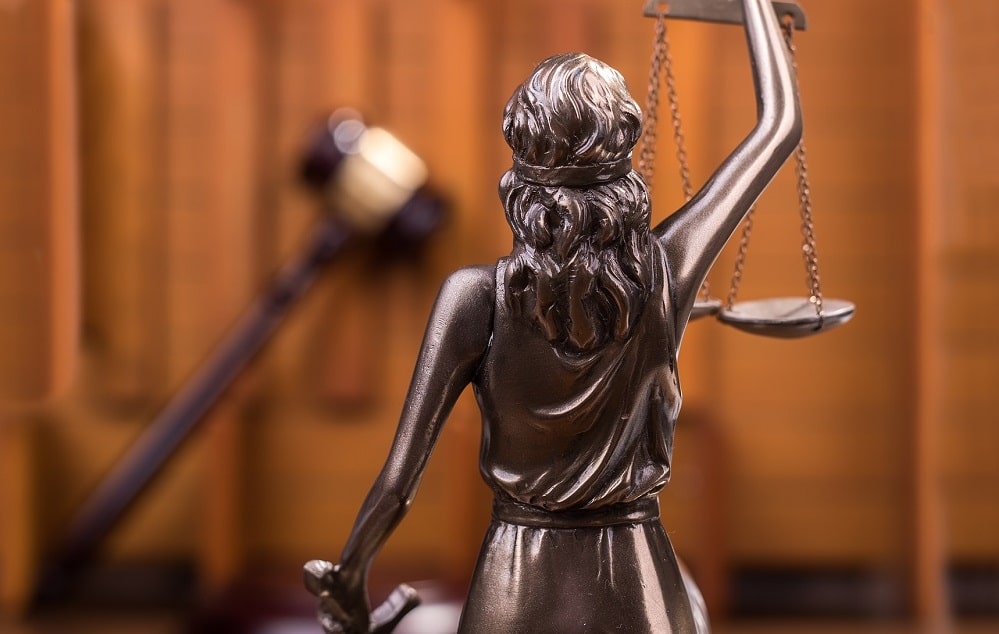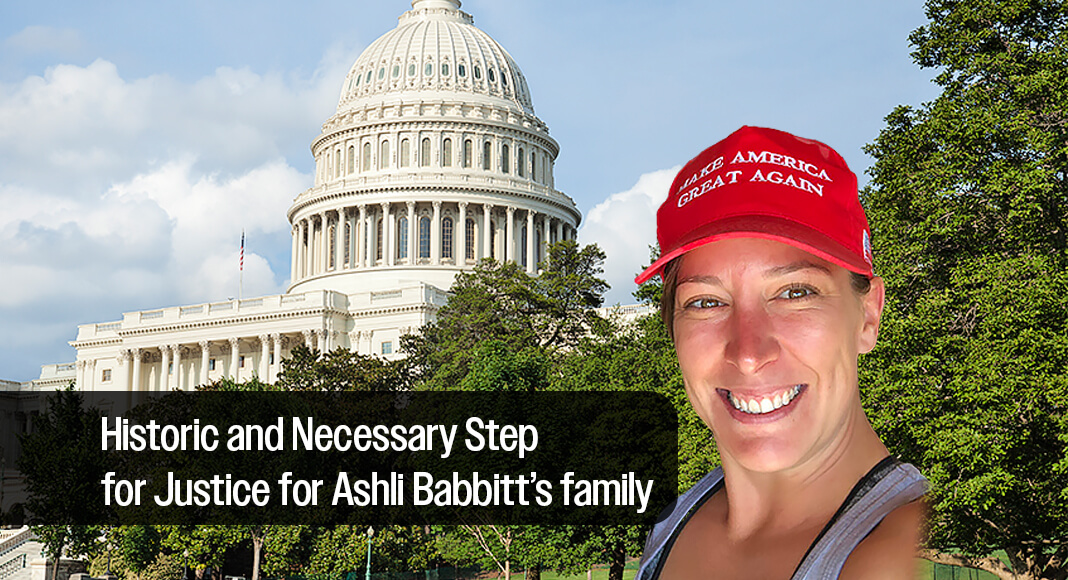
In our priorarticle, we examined the growing risk that the Justice Department would deploy the False Claims Act (FCA) to pursue entities that receive federal funds and operate diversity, equity and inclusionprograms viewed as discriminatory under federal civil rights laws. On May 19, 2025, the DOJ formalized that risk, launching a newCivil Rights Fraud Initiativevia a memorandum issued by Deputy Attorney General Todd Blanche.
This initiative signals a dramatic escalation in FCA enforcement and represents the DOJ’s clearest statement yet that it intends to treat violations of civil rights laws as fraud on the federal government.
Although the DOJ has previously brought FCA enforcement actions against federal funds recipients who falsely certified compliance with federal standards, including anti-discrimination, the DOJ has never done so at the scale proposed in this initiative.
And while the Supreme Court has recently curtailed the power of federal prosecutors who bring fraud cases using novel theories involving attenuated economic harm, the high court’s decision on May 22, 2025, inKousisis, et al. v. United Statesmakes clear that prosecutors may still have the leeway to bring the novel sort of cases contemplated in the deputy attorney general’s memorandum.
What the Civil Rights Fraud Initiative does
The initiative establishes a coordinated, departmentwide framework to investigate and bring FCA cases against recipients of federal funding who certify compliance with nondiscrimination laws while allegedly engaging in unlawful practices. The DOJ has made clear that it will target, among other things:
- Institutions that allow individuals to use bathrooms or compete in sports based on gender identity rather than biological sex;
- DEI programs or policies that assign benefits or burdens based on race, national origin or other protected characteristics; and
- Educational institutions or employers that fail to protect against antisemitism or related civil rights violations.
Every U.S. Attorney’s Office will designate a civil rights fraud coordinator to identify and pursue such cases in coordination with the Civil Rights Division and the Civil Division’s Fraud Section. The DOJ will also partner with agencies such as the departments of Education, Health and Human Services, Housing and Urban Development, and Labor, as well as state attorneys general and local enforcement bodies.
Renewed emphasis on the False Claims Act
At the heart of the initiative is the DOJ’s use of the False Claims Act, a powerful civil fraud statute that allows the government — and qui tam whistleblowers — to pursue entities that submit false certifications or statements to obtain or retain federal funds. If a university, health system, nonprofit or contractor certifies compliance with civil rights laws while knowingly operating unlawful DEI programs, the DOJ may argue that each claim for payment constitutes a false claim.
Liability under the FCA brings treble damages, substantial penalties and reputational consequences. Importantly, organizations should also understand that certifications of compliance with Title VI, Title IX, Section 1557 of the ACA, and similar provisions are common conditions of participation in federally funded programs.
Available defenses and legal challenges
Although the Civil Rights Fraud Initiative raises the stakes for federal funding recipients, the DOJ’s theory of liability may face substantial legal hurdles, as discussed in our prior alert.
First, causation remains a core requirement of any FCA case. DOJ must prove that the allegedly false certification caused the government to pay funds it otherwise would not have. In many DEI contexts, the link between a certification and a specific payment decision may be tenuous or indirect.
Second, the Supreme Court’s 2023 decision in United States ex rel. Schutte v. SuperValu Inc. clarifies that FCA liability turns on the defendant’s subjective knowledge. If an organization reasonably believed that its DEI policies complied with federal law — even if DOJ later disagrees — that belief may defeat the required scienter showing.
Third, under the Supreme Court’s ruling in Universal Health Services, Inc. v. United States ex rel. Escobar, the government must show that the false statement was material to its decision to pay. If the federal government was aware of an institution’s DEI policies and continued payments regardless, that evidence may cut strongly against materiality.
Finally, there may be significant constitutional challenges, particularly under the First Amendment, where the government seeks to penalize public statements, employee resource groups or training programs that express support for DEI goals. The Eleventh Circuit’s decision in Honeyfund.com v. Florida, striking down Florida’s anti-DEI restrictions on free speech grounds, may serve as persuasive precedent.
What organizations should do now
Given the DOJ’s expanded initiative, all recipients of federal funding — whether in education, health care, research, housing or federal contracting — should promptly assess potential areas of risk.
Organizations should review DEI programming, civil rights compliance structures and any certifications made to federal agencies. Special attention should be given to program components that allocate benefits or impose restrictions based on protected characteristics, or that could be construed by regulators as discriminatory.
We also recommend reviewing and, where appropriate, updating internal training, auditing and reporting procedures — particularly those involving compliance with Title VI, Title IX, Section 1557, and related statutes.
Sean O’Connell is a shareholder in Baker Donelson’s Washington, D.C., office and a member of the Government Enforcement and Investigations Group. He represents corporate and individual clients in white collar and regulatory defense matters.
John Ghose is a government investigations and enforcement attorney with 19 years of experience, including as a cybercrime and fraud prosecutor for the United States Department of Justice; as an in-house business and regulatory investigations attorney for Microsoft; and as a technology-focused compliance and litigation attorney for multiple law and consulting firms.
Copyright
©2025 Federal News Network. All rights reserved. This website is not intended for users located within the European Economic Area.



